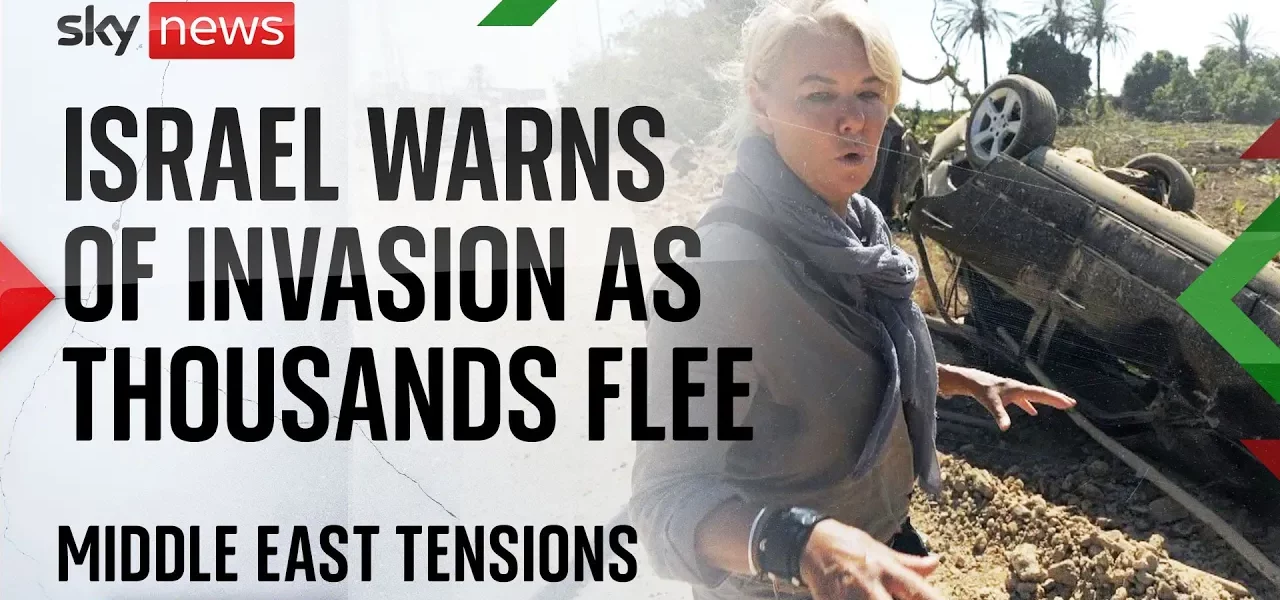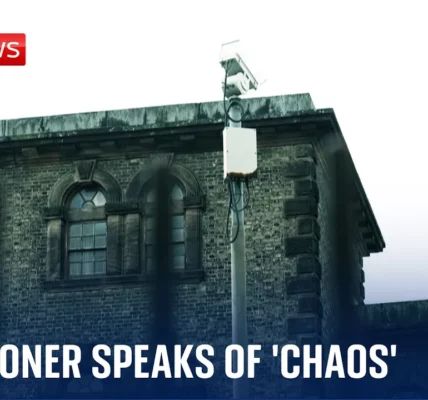Israeli Air Strikes in South Lebanon: Civilians Under Fire

As tensions escalate in South Lebanon, the impact of Israeli air strikes on civilians has become increasingly dire. This article delves into the current situation, the humanitarian crisis unfolding, and the experiences of those caught in the crossfire.
Introduction
The ongoing conflict in South Lebanon has reached alarming levels, with Israeli air strikes intensifying and impacting countless civilian lives. Residents of the region, once considered safe, are now facing unprecedented levels of violence and destruction. The airstrikes are not only a military tactic but also a catalyst for a growing humanitarian crisis, forcing families to flee their homes and seek refuge in precarious conditions. This article aims to provide a comprehensive overview of the situation, examining the consequences for civilians, the responses from local and international bodies, and the broader implications for the region.
The Current Situation in South Lebanon
The conflict in South Lebanon has escalated significantly, with reports indicating that the Israeli air force has conducted numerous strikes across various regions, particularly targeting residential areas. This has left many civilians feeling vulnerable and unsafe.
Intensity of Air Strikes
On any given day, residents can hear the thunderous sound of bombs falling. The Israeli Army Chief has stated that these air strikes are preparations for a possible ground assault, further heightening the sense of fear among the local population.
Impact on Civilian Life
- Widespread destruction of homes and infrastructure.
- Loss of life, including whole families.
- Increased migration as people flee targeted areas.
Humanitarian Crisis Unfolding
The humanitarian crisis resulting from the conflict is profound. With hundreds of schools repurposed as shelters, many families find themselves without basic necessities.
Living Conditions in Shelters
Individuals who have fled their homes report dire living conditions:
- Many lack mattresses, covers, and pillows.
- Children are forced to sleep on the ground.
- Food and water supplies are critically low.
The Emotional Toll
The psychological impact on civilians, particularly children, cannot be overstated. Many have witnessed horrific scenes, leading to trauma that will likely affect them for years to come.
Responses from Authorities and Organizations
As the situation deteriorates, responses from both local authorities and international organizations are crucial in addressing the needs of those affected.
Local Government Response
Despite the urgency of the crisis, local officials, such as the Lebanese social affairs minister, face criticism for their apparent lack of action and support.
International Aid Efforts
International organizations are attempting to provide relief, but logistical challenges hinder their efforts:
- Access to affected areas is often restricted.
- Resources are limited, and demand far exceeds supply.
- Coordination among various agencies remains a challenge.
The Role of Hezbollah and Broader Implications
Hezbollah has been actively engaged in the conflict, claiming to retaliate against Israeli strikes with missile attacks, which further complicates the already tense situation.
Military Actions and Civilian Casualties
The relentless pursuit of Hezbollah by Israeli forces has resulted in significant civilian casualties, raising concerns about the ethical implications of military strategies employed in densely populated areas.
Regional Impact
The ongoing conflict threatens to destabilize the region further, with potential implications for neighboring countries and international relations:
- Increased refugee flows could strain resources in surrounding nations.
- Heightened tensions between Israel and Lebanon may draw in external powers.
- Prospects for peace seem increasingly remote.
Conclusion
The situation in South Lebanon is dire, with the ongoing Israeli air strikes creating a humanitarian crisis that affects thousands of civilians. The need for immediate assistance and intervention is critical as families are uprooted and lives are shattered. We urge readers to stay informed and consider supporting humanitarian efforts aimed at providing relief to those affected by the conflict. For more information on related topics, visit our articles on humanitarian aid efforts and the broader implications of regional conflicts.
“`




